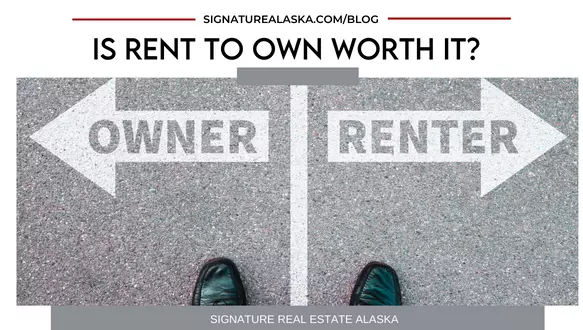
Market - A Quick Guide to Understanding the Housing Market
You hear it on the news all the time: "It's a buyer's market," "It's a seller's market," or "The housing market is on the rebound." And while you probably get the gist of what these folks are talking about, having a deeper understanding of the housing market and how it works can help you immensely d

How To Help Your Adult Kid Buy: Advice For Mom And Dad
As a parent, it's hard to watch your kids struggle with anything, but watching them struggle to buy a house can be especially tough. We all want the best for our offspring, and owning a home is one of the best ways to build wealth -- so if kids are having trouble taking that step, it's normal to

11 Steps To Downsizing Your Home
Nothing lasts forever -- including a home where you raised a family or lived most of your working life. And it's a fact of life that suddenly, a place that was perfect for you a decade or two ago might start to feel cavernous and empty (or just contain more square footage than you really want
Categories
Recent Posts










